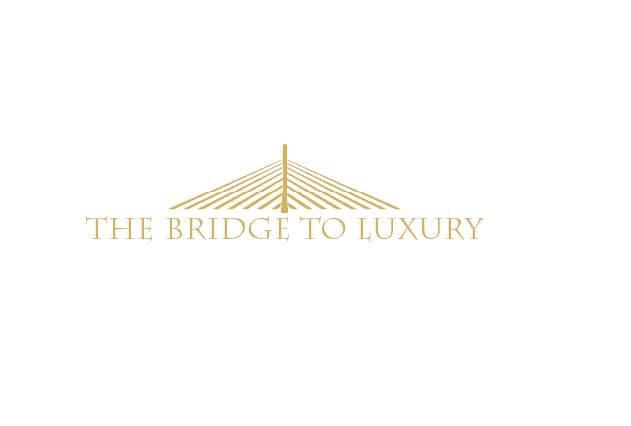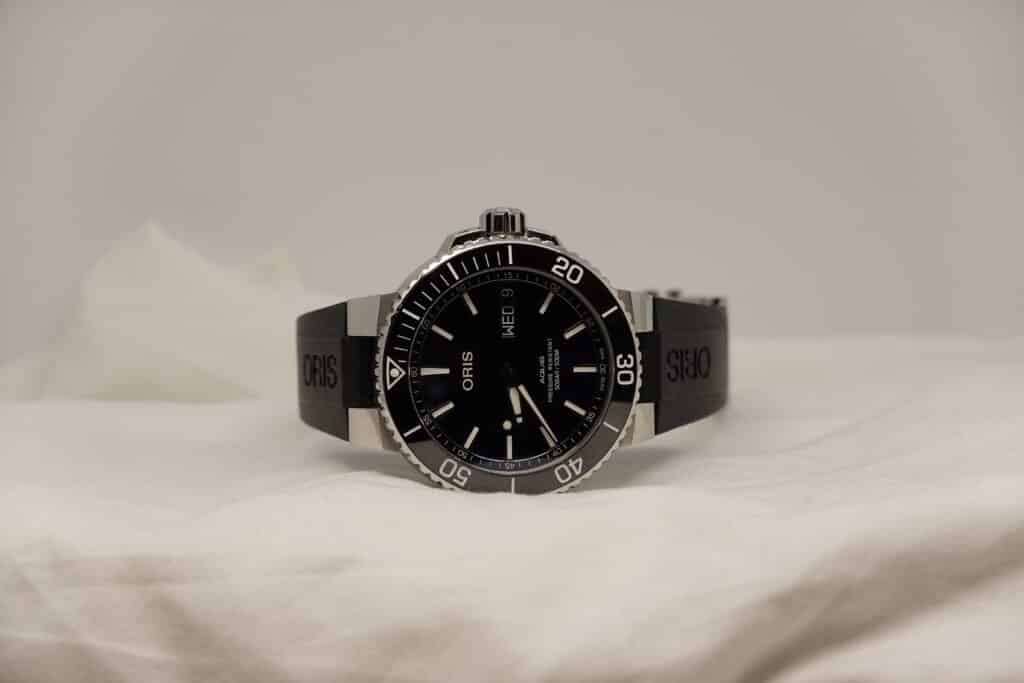MARCH 2020 – LUXURY INDUSTRY PERFORMANCE INDEX

In collaboration with JOBLUX, TBTL’s deliver each month the Luxury Industry Performance Index (LIPI) which is a monthly published indicator, providing a quick overview of the high-end industry’s current status and an outlook on its development over the next months. The LIPI is distributed as a free e-newsletter edited by international strategy consulting firm The Bridge To Luxury (www.thebridgetoluxury.com)
In March, the LIPI lost another 18,8 basic points in anticipating the increasingly visible long-term repercussions covid-19 will cause onto the luxury industry. The industry’s main outlook indicator closed at 65,9 basic points which is a downfall of 35,2% compared to 2019’s peak (101,7 bp).
Since December 2019, market capitalization of stock listed luxury companies dropped by -22,2% or US$ 228bn. Despite first encouraging developments of slowing or even halting growth rates of infections and a gradual reopening of businesses coming along with it, TBTL believes that pre-coronavirus global sales will be reached again in the middle of 2022.
For this year, depending on segments, regions and product categories, TBTL estimates revenues to be between 25% to 60% of last year (2021: 50% to 80%).
Fighting the coronavirus will last longer:
It will take time until infection tests, antibody detectors, therapies and finally vaccines will be globally and widely available (autumn/winter 2020 to spring/summer 2021). Given different expert estimates of ultimate infection rates among whole populations ranging from 20-70%, the task of health policy will be to manage a controlled self-immunization of larger and potentially less risked age groups, regions, professions if the current situation of an economy on hold is envisioned to end or at least to be eased. Yet, in absence of vaccines and therapies, this process will have to be adapted to indeed growing, but in the months to come still not sufficient hospital capacities – as a significant amount of infected people do need icu support. An immediate and complete relaunch of social life and business activities (“big bang”) is unlikely. Having cut the peak of covid-19’s first wave, partial or even complete confinements will be maintained respectively reintroduced once next virus tides occur.
Hence, policy makers will try to circumvent possible breakdowns of health systems while permitting a revitalization of business in a back-and-forth process only wherever and whenever it is possible.
Consumer purchasing power and confidence: Luxury is a good mood’s business and needs consumer trust in stable employment and regular income as well as sufficient savings. Former crises such as Lehman provide benchmarks: It took the Swiss luxury watch industry, for instance, 2,5 years to overcome the impact – at times when Chinese GNP still grew at annual rates of +9% thus helping to compensate for a decline in demand in Europe and the USA Industry’s readiness: The current crisis and looming recession will result in employees being laid-off, minimized stocks, postponed investments, reduced r&d activities, tight cash positions etc. Getting back to normal will demand a time consuming, sensitive and flexible entrepreneurial reaction to dynamically changing circumstances.
International holiday related traveling will not resume soon. Especially important Chinese spending abroad will take time to come back.

